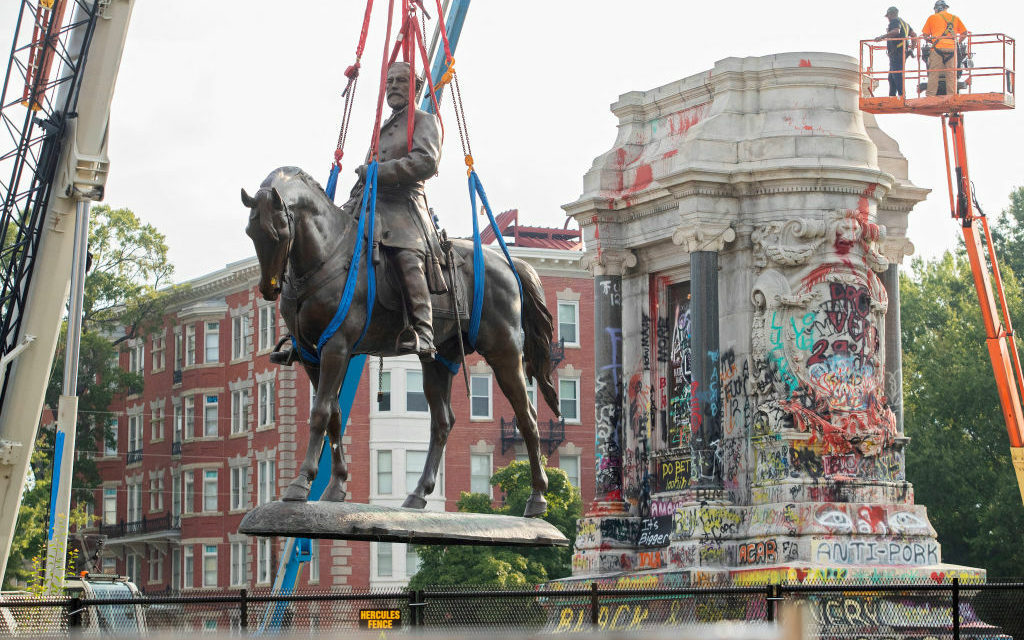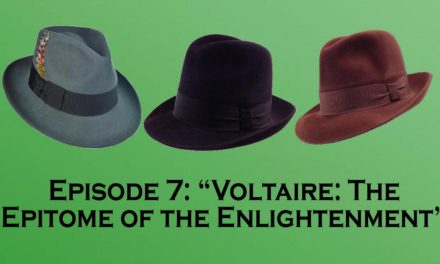Howdy Otterites, Francis here again.
As our listeners know, we Snakes and Otters guy love history, and one of the most intriguing periods of time to study for us, as with so many history-minded Americans, is the American Civil War. Today in fact is the 159th anniversary of the Battle of Antietam, called by many as ‘America’s Bloodiest Day’ due to its horrendous number of casualties.
It has been said by some that Antietam was the Confederacy’s closest “almost moment” of actually winning the war, a contention we see as rather ridiculous now actually, but that leads me to the point I want to address today. The sheer hubristic (Martin loves that word) arrogance and (yes I’ll say it) evil-mindedness of the Lost Cause narrative, the idea that the Southern Cause was just and righteous and the only reason they lost the war was that someone somewhere betrayed them, is still very much alive and well with many even today.
The idea was first put forth soon after the war ended, but really came to prominence around the turn of the last Century, with a proliferation of monuments all over the South glorifying the cause and those who fought for it. I get that nobody likes to lose and all that, but let’s be blunt here, this orchestrated and coordinated propaganda effort both was and is egregious, and the fact that there really are adherents to it even today is positively dumbfounding. The falseface of the argument about “Southern Heritage” has long been pulled off, showing the leprous rancidness underneath. Pure and simple, this narrative is an extension of the vile cancer of racism. We need to call out the lies and deceit that go with this toxic argument whenever we encounter it.
Which leads me to the moment of rejoicing when I saw the news reports that the enormous 12 ton statue of Robert E. Lee, which has stood in the center of downtown Richmond for over 130 years, was finally removed forever this week. The last of those most visible public monuments there in Richmond to this Lost Cause Lie is finally gone. (Now hopefully we can make some progress with Stone Mountain in Georgia.)
It’s been said that roses oftentimes tend to grow amid the ashes, and it’s hard to imagine any good coming from the death of George Floyd last year but yet, here it is.
I tend to primarily blame the organizations and the mindset that erected these monuments in the first place for promoting the awful things they truly stand for, but this does not absolve the many generations that came afterwards, including our own, that allowed them to continue to stay in place until now. My first visit to Richmond was in 1997 for business, and a local whom with I was working, who knew I was an amateur historian, showed me monument avenue with an enormous sense of pride. It wasn’t until he began to denigrate the presence of the recently erected statue of Arthur Ashe at the far end of the boulevard that I realized what the entire point of the statues really was in the minds of so many. I was not able to articulate my very real discomfort at the time, but here in 2021, everything has become crystal clear.
Statues and monuments are not synonymous things by the way. Statues at museums, battlefields or cemeteries make sense and should be permitted without prejudice. They do not glorify. Civil monuments like the ones in Richmond and elsewhere must absolutely be removed as they serve no purpose except to glorify. They romanticize a period in our history that was inextricably linked to the horror of human slavery, and their purpose is still to reinforce the believed superiority of the white race. These symbols of such thoughts must go . . . and thankfully, at least in Richmond, they now have.
As it is with these monuments, so should it be with our stories. There is where the real power is to be found and that’s where the battle still needs to be fought. I was therefore pleased to read a recent article in the Atlantic by Adam Serwer entitled “The Myth of the Kindly General Lee“.
In the article Serwer rather eloquently (and nearly effortlessly) demolishes the common belief that so many white people have held for decades without questioning, that Lee was at heart a ‘good man’ who simply backed the wrong cause. It is with shock and shame that I discovered as I read the article, that the truth has always been fantastically well-documented all along, even in Lee’s lifetime. Thanks to the awful Lost Cause idea, even those who considered themselves rabidly anti-racist have often fallen victim to this lie.
Lee himself was nothing less than a vile racist himself who fought for the continuation slavery itself. Period. Any argument that does not keep this front and center is simply an obfuscation designed to distract. Testimonies of eyewitnesses and Lee’s correspondence itself bears out the truth so clearly. He had his own slaves beaten on numerous occasions and institutionalized the horrific treatment of black Union soldiers throughout the armies of the South. He was unrepentant in his racist beliefs even unto his death in 1870, as his own complicity with the Ku Klux Klan as President of Washington University makes clear. I urge you to read the article itself as it is well sourced, and in my mind, a long overdue correction of an pernicious lie that has persisted for too long in the minds of otherwise decent and intelligent people.
As our own Robert so eloquently pointed out in his recent posting, morality must be based on universal truths. The dignity and sanctity of all human life is one of those absolute truths, and its high time we stopped pretending that it isn’t. Who we chose to honor as a society (polarized or not) is also a moral choice . . . and what side they fought for matters, both now and always.
No matter how much of a genius tactician Lee was (and please note he was NOT a master strategist, that’s another easily disproven lie) giving him ‘honor’ is not something we should do any longer. Read about him and what he did in the history books – unvarnished so we never forget – but let the lies rest on the ash heap.
We know better now . . . and God please forgive us for the times when we didn’t.






Gravy, man. That’s just some fantastic gravy there.
Snakes and Otters is on FIRE this week.